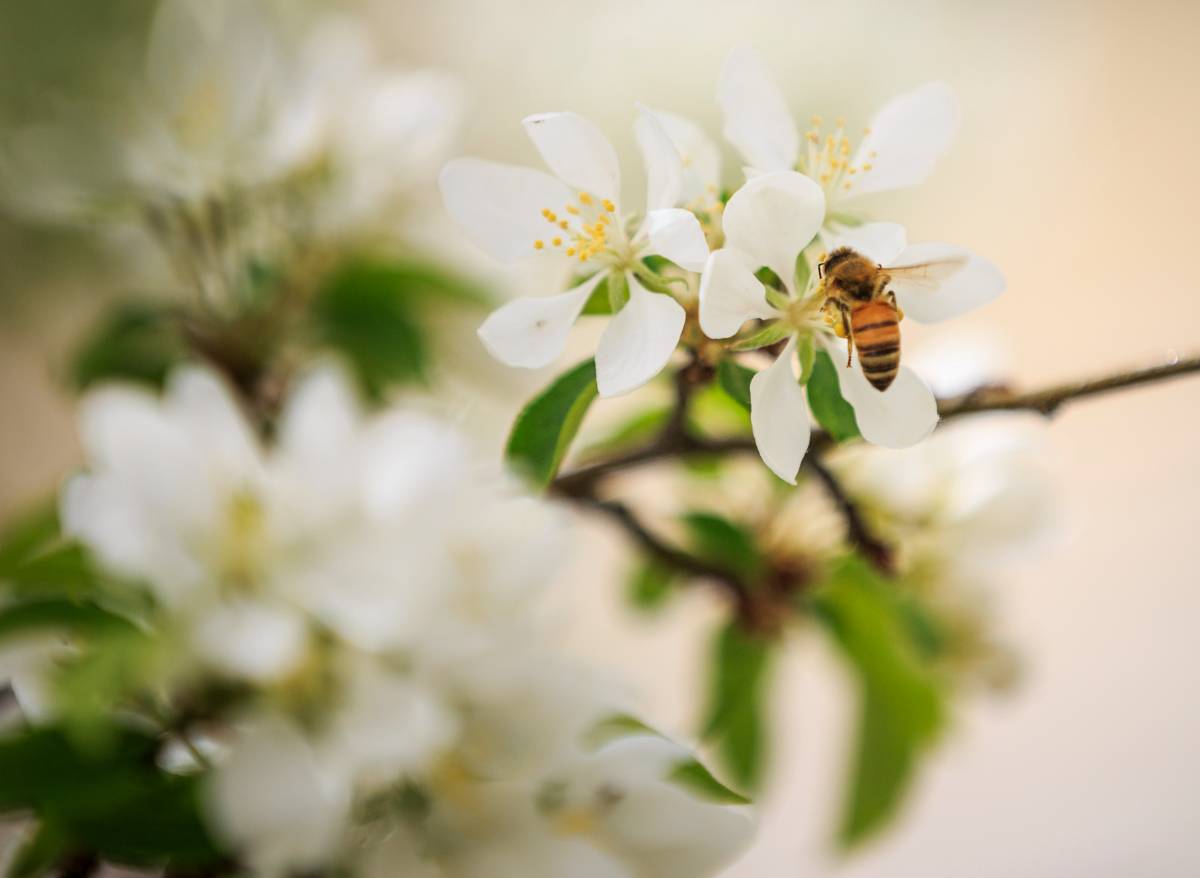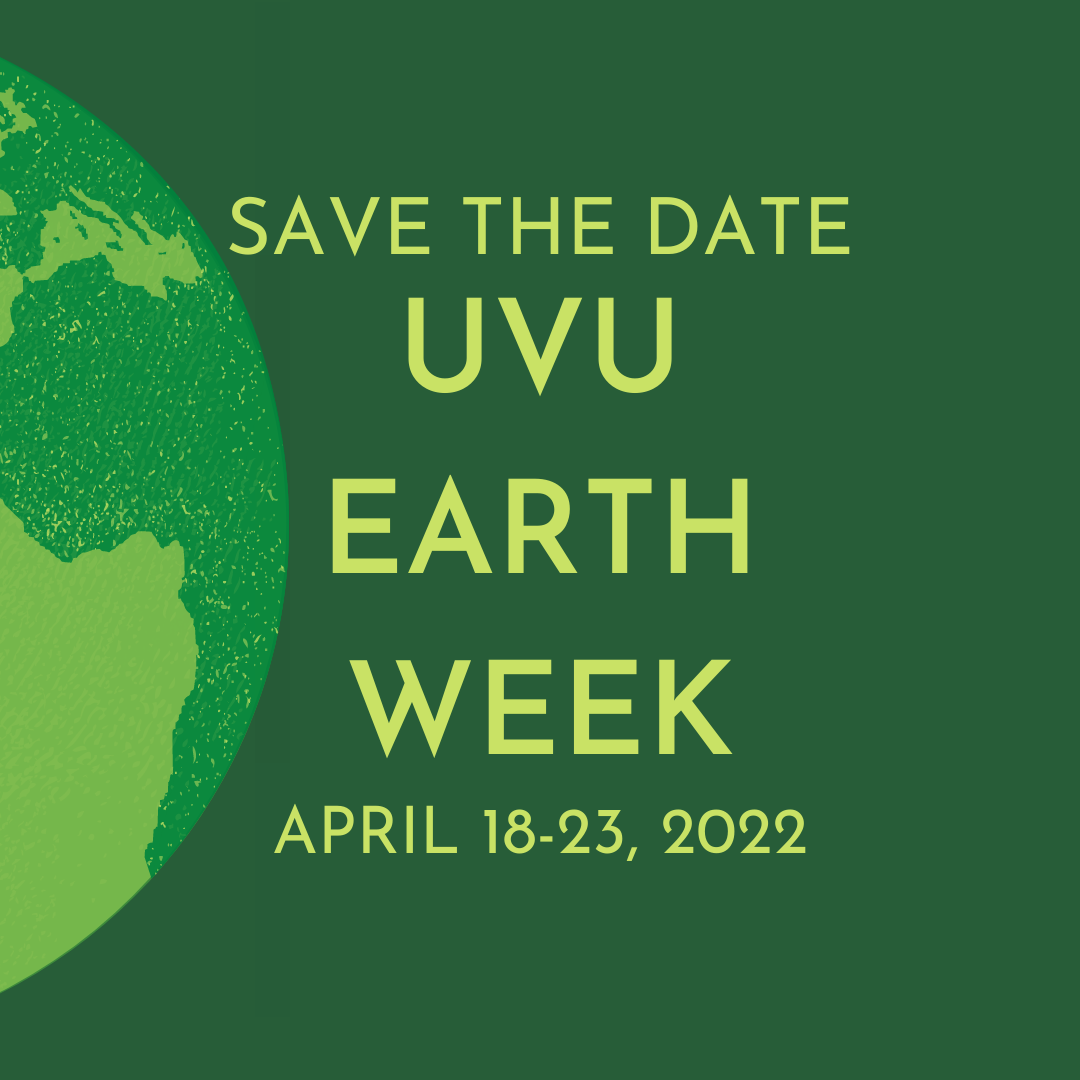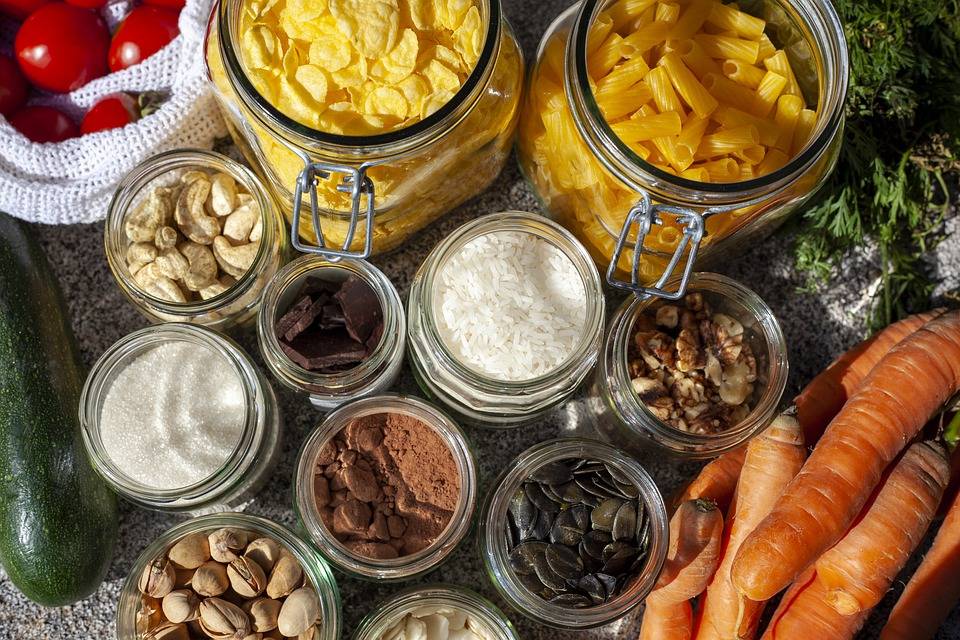

UVU Earth Week 2022

Join UVU in celebrating the 52nd annual Earth Day with a week of fun activities!
Monday 4/18
- Waste Sorting Challenge, 10 AM - 2 PM, Hall of Flags. Stop by our table to put your recycling knowledge to the test, learn more about recycling at UVU, and grab a tasty treat.
- Tree Plantings, 1 PM - 4 PM, HP building & Pioneer Cabin. Join the UVU Tree Advisory Committee & UVU Grounds to plant 50 new trees on campus! Sign up here: Staff Tree Planting Sign Up or Student & Faculty Tree Planting Sign Up
Tuesday 4/19
- Adopt-a-Trail Service Activity, 4 PM - 7 PM, Provo Canyon. Join the Outdoor Adventure Center in a service activity on the segment of trail they have adopted. Sign up here: Trail Volunteer Sign Up
Thursday 4/21
- GRIT Garden Crop Planting, 4 PM - 6 PM, GRIT Garden. Help UVU Sustainability and UVU Biology get the Growing Resilience & Inclusivity Together (GRIT) Garden planted and growing. Sign up here: GRIT Garden Earth Week Planting Sign Up
Friday 4/22 (Earth Day)
- Fix-it Clinic, 1 PM - 4PM, Outdoor Adventure Center. Don't toss it, fix it! Learn how to fix your damaged or broken items at our Fix-it Clinic! We will have equipment and materials to repair bikes and clothing.
Stay tuned here as we may be adding more events as Earth Week approaches.
Green Your Move-Out

Whether you’re moving out, or just want to declutter your apartment, these tips will help you be sustainable as you evaluate what you want to keep and what you want to give away.
Don't trash, donate. Sell, give away, or donate things you don't want anymore. This could include furniture, clothes, appliances, unused school supplies, or non-perishable food.
To simplify the trip, gather unwanted items from roommates and neighbors to donate items to these local groups:
- Savers
- ReStore
- Deseret Industries
- Donate non-perishable foods to the Community Action Services Food Pantry
Recycle what you can't donate. If an item isn't accepted for donation do your best to recycle it. You can recycle things like the pages from used notebooks or broken electronics. Find out what you can recycle and where at Earth911.com.
Avoid buying new moving boxes. Pack up your stuff in items you already own, like luggage, totes, or shipping boxes. Check local classifieds like KSL for used moving boxes, often for free! Only buy new moving boxes when you've exhausted these options.
Skip the bubble wrap. When transporting fragile items, protect them with blankets, pillows or clothes instead of using single use protective packaging.
Tips for a Sustainable and Low Waste Kitchen

Within the United States food waste accounts for 24% of all municipal solid waste with the average household wasting $1,866 of food each year. This is significant because decomposing food waste in landfills is a significant source of methane, a powerful green house gas. Striving to produce less waste in your kitchen not only helps the environment but can also save you money.
Here are some strategies that you can employ to reduce the amount of food you waste:
- Plan your meals. Creating a meal plan and matching shopping list helps you to only buy what you need at the grocery store. Meal planning can also help avoid going out or ordering in for meals saving you money.
- Store your produce properly. Storing you fruits and vegetables correctly can greatly increase how long they stay fresh. Check out this guide from the New York Times: How to Keep Your Produce Fresh for Weeks.
- Cook root to stem. Many veggies have edible parts that are typically tossed during prep. Instead of tossing them incorporate them into your cooking. Examples include beet greens, radish tops, carrot tops, turnip greens, herb stems, and squash/pumpkin seeds.
- Keep the skin on. The skins of many fruits and veggies are edible, and often pack a nutritious punch. Instead of peeling them keep the skin on and give them a good scrub before eating or preparing.
- Learn simple preserving techniques. To save produce that is close to going off use a simple preserving technique like freezing or quick pickling to extend the life of the food.
- Have a "Eat Me First" bin. Create a designated area in your fridge or pantry (or both) to put items that are close to expiring. This area/bin should be prominent so that each time you open your fridge you see the items that you should prioritize eating.
- Simplify your pantry. Avoid purchasing specialty ingredients that you will only use in one recipe and are unlikely to use up.
Beyond reducing food waste you can make your kitchen more sustainable by avoiding packaging waste. You can do this by opting for non-processed whole foods, using reusable produce & shopping bags, opting to purchase items in more recyclable packaging (i.e. cardboard, metal, and glass over plastic), and shopping the bulk bins (using your own containers when possible).
Events
- Fridays For Future Utah - School Strike for Climate. Every Friday, 2:30 PM - 4:30 PM, Utah State Capitol.
- USU Extension - Lights Out: Dark Sky Efforts & Swaner Stargazing. April 5, 7 PM - 9 PM, Swaner EcoCenter.
- UVU Woodbury School of Business - Professional Clothing Drive. April 11 - 14, Keller Building first floor.
- UVU Sustainability - UVU Earth Week 2022. April 18 - 23. See above for details!
- USU Extension & Park City Film - YOUTH v GOV Film Screening. April 21, 7 PM - 9 PM, Jim Santy Auditorium.
- City of Orem - Earth Day Celebration. April 22, 4:30 PM - 6 PM, Orem City Center Park North Pavilion.
- City of Provo - Earth Day Celebration. April 22, 4 PM - 6 PM, Bicentennial Park.
- USU Extension - Urban Homestead Expo. April 23, 9 AM - 3 PM, Virtual.
- USU Extension - Arbor Day Tree Planting. April 30, 9 AM - 3:30 PM. Swaner EcoCenter.
Job Opportunities
- Environmental, Health and Sustainability Intern. Chromalox. Ogden, UT.
- 2022 Field Logistics Technician. Utah Conservation Corps. Logan, Cedar City, or Moab, UT.
- 2022 Field Crew Leader. Utah Conservation Corps. Logan, Cedar City, or Moab, UT.
- 2022 Field Crew Member. Utah Conservation Corps. Logan, Cedar City, or Moab, UT.
- Development & Operations Assistant (Part-time). Utah Clean Energy. Salt Lake UT.
- Natural Resources Technician - Seasonal. Salt Lake City Corporation. Salt Lake City, UT.
- Sustainability Intern - Part Time. Salt Lake City Corporation. Salt Lake City, UT. (closes April 17)
- Summer 2022 Dr. Norman Weissman Internship for the Preservation of Wild & Scenic Utah. Southern Utah Wilderness Alliance. Salt Lake City, UT. (closes April 17)
- Latino Community Grassroots Organizing Internship. Southern Utah Wilderness Alliance. Salt Lake City, UT. (closes April 17)
- Canyon Country Youth Corps. Canyon Country Discovery Center. Monticello, UT.
- UCC Education Intern. EATS Park City. Park City, UT. (closes April 29)
- Food and Land Access Intern. International Rescue Committee. Salt Lake City, UT.
- Digital Content Intern. The Nature Conservancy. Remote.
- Sustainability Reporting Intern. AVEVA. Remote.
Academic Opportunities
- National Wildlife Federation Graduate Student Research Fellowships. (closes April 22)
- WISA Design Competition: Designing the Flight School of the Future
- Call for Papers: Fostering a Culture of Sustainability through Outdoor Recreation and Education. (closes May 1)
- US Green Chamber of Commerce University Climate Ambassadors Program.

